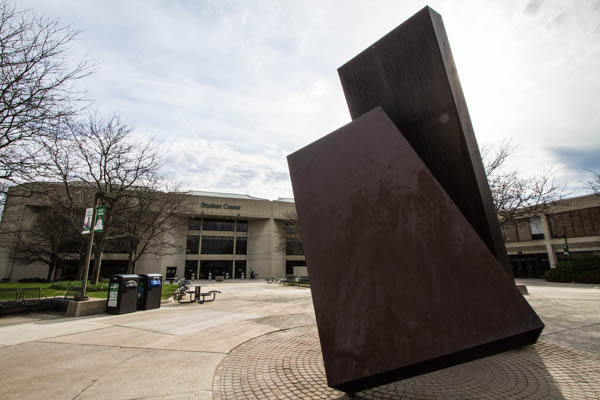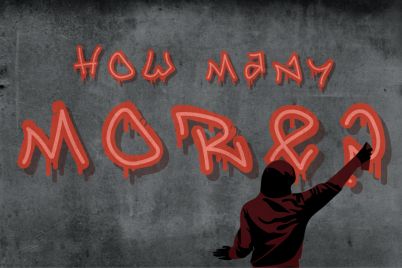 By TAYLOR ROBINSON
By TAYLOR ROBINSON
Staff Writer
Anyone remember when Justin Bieber got arrested in January of last year? How about when MSNBC considered it “breaking news?” The station was in the middle of an interview with former congresswoman Jane Harman before being rudely interrupted by Bieber’s bad behavior. But what was Harman talking about?
On June 1 of this year, section 215 of the Patriot Act will either expire, be reformed or be renewed. Section 215 states that the government can seize “…any tangible things (including books, records, papers, documents, and other items) for an investigation to protect against international terrorism or clandestine intelligence activities…”
During the interview, Harman clearly articulated opposition to Section 215, though she didn’t get very far.
“We should seriously consider discontinuing Section 215 and getting the…” Harman said before she was cut off.
Believe me. I want the U.S. protected from a terrorist attack just as much as the next person, but the renewal of this document should be stopped. It’s one thing for the government to protect its citizens but it’s another to infringe on the privacy of the vast majority who have nothing to do with such attacks.
In 2011, when the Patriot Act was extended for another four years, hardly anyone noticed. Neither did I.
“If people have nothing to hide, then what’s the big deal?”
That’s a common argument defending these kind of surveillance laws.
That’s just it. Especially if you don’t have anything to hide, why should the National Security Agency be intercepting phone calls, emails and more? That might just be enough to make a person think he/she is doing something wrong despite complete innocence.
Just two years ago, Edward Snowden obtained and released numerous documents to the American public. These documents concerned government surveillance activities. Now, Snowden’s exiled and living in Russia, wanted in the U.S. for espionage.
So what does that show people? It shows that if a person stands up against parts of the government and exposes information about government surveillance of American people, that person becomes an outcast.
I find the timing of the interruption of the MSNBC interview ironic. What’s a better way to deflect from a serious topic concerning all American people than to plaster a “big story” about Bieber in front of a judge?


